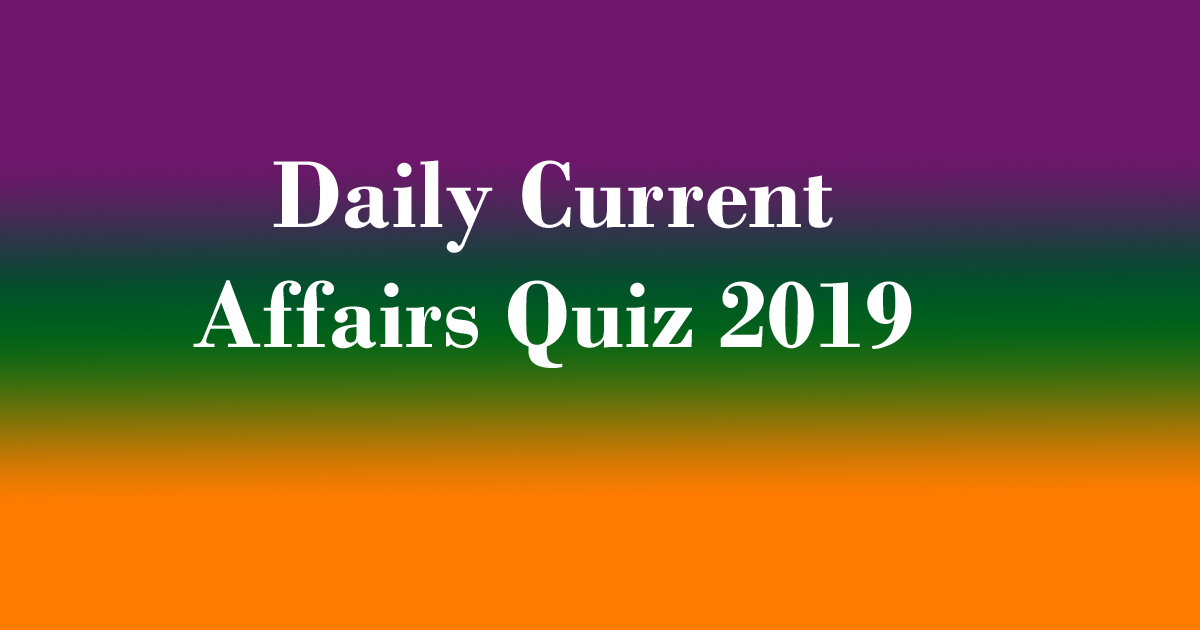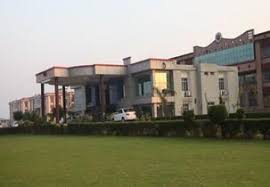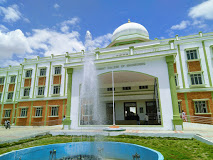
The government has informed Parliament that “no foreign government or organisation has any locus standi” in repealing Article 370 in Jammu and Kashmir as matters relating to the Constitution of India are internal and only for the Indian Parliament to deal with.
Minister of State for Home G. Kishan Reddy said in a written response in the Rajya Sabha that Jammu and Kashmir “is an integral part of India.”
While responding to a question on whether repeal of Articles 370 and 35A will in any way violate any United Nations regulation or any international obligation of the country, Mr. Reddy said, “Jammu and Kashmir is an integral part of India. Matters relating to the Constitution of India are internal and entirely for the Indian Parliament to deal with. No foreign government or organisation has any locus standi in the matter.”
Home Minister Amit Shah had told the Lok Sabha that Article 370 was a “temporary provision.”
The two provisions let the J&K legislature decide the “permanent residents” of the State, prohibits a non-J&K resident from buying property in the State and ensures job reservation for its residents.
Replying to a separate question, Mr. Reddy said that after the Pulwama terror attack, 93 terrorists have been killed in Jammu and Kashmir.
On February 14, 40 CRPF personnel were killed when a car-borne bomber of Jaish-e-Mohammad rammed a CRPF bus in Pulwama.
The government has informed Parliament that “no foreign government or organisation has any locus standi” in repealing Article 370 in Jammu and Kashmir as matters relating to the Constitution of India are internal and only for the Indian Parliament to deal with.
What is Article 370?
Article 370 of the Indian constitution gives autonomous status to the state of Jammu and Kashmir. The article is drafted as Temporary, Transitional and Special Provisions in Part XXI of the Constitution. The Indian Constitution still describes it as a temporary provision.
Article 370 provided six special provisions for Jammu and Kashmir:
1) The State is allowed to have its own Constitution.
2) The Central legislative powers over the State were limited to the three subjects of defence, foreign affairs and communications.
3) Only with the concurrence of the State Government, other constitutional powers of Indian Government could be extended to the State.
4) The concurrence was only provisional. The State’s Constituent Assembly should ratify the provision.
5) Until the State Constituent Assembly was formed, the State Government was given authority to give concurrence. Once the State Constituent Assembly finalised the scheme of powers and dispersed, no further extension of powers was possible.
6) Only if the State’s Constituent Assembly aprroves the Article 370, it could be repealed or amended.
Article 35A?
Article 35A of the Indian Constitution permits the J&K state’s legislature to define permanent resident of the state. It was added to the Constitution through a situationary Presidential Order, i.e., The Constitution (Application to Jammu and Kashmir) Order, 1954 which was issued by the President of India on 14 May 1954. This law exercises the powers conferred by the clause (1) of the Article 370 of the Indian Constitution, and with the concurrence of the Government of the State of Jammu and Kashmir.





